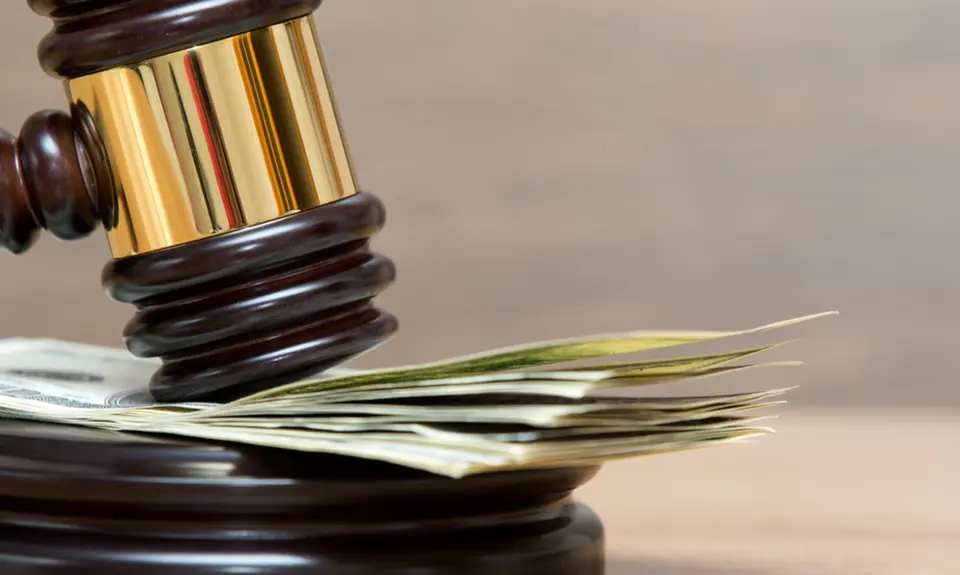Judge Julie Rikelman, nominated by President Biden to the First Circuit court of appeals, wrote a unanimous opinion, which was joined by Biden judge Gustavo Gelpi, that reversed a lower court order imposing a $10,000 sanction on an individual who sued a law firm that foreclosed on his home. The January 2024 decision was in Triantos v Guaetta & Benson LLC.
What happened in this case?
Nicholas Triantos lived in a house in Massachusetts on which he had a mortgage. After a default, Deutsche National Bank foreclosed on the mortgage and sold the house, effectively evicting him. Claiming that the sale was improper, Triantos sued the bank and the law firm that represented it, Guaetta & Benson LLC (GB).
The bank and GB filed a motion to dismiss the case, which was granted in federal court. The law firm then tried to further penalize Triantos by filing a motion to sanction him for supposedly filing a frivolous case under Rule 11 of the Federal Rules of Civil Procedure. Triantos, a transactions lawyer with no litigation experience, appealed on his own to the First Circuit.
How Did Judges Rikelman and Gelpi and the First Circuit Rule and Why is it Important?
Judge Rikelman wrote a unanimous opinion, joined by Judge Gelpi, that reversed and vacated the lower court order imposing Rule 11 sanctions. That eliminated the $10,000 penalty on Triantos.
Judge RIkelman explained that in 1993, Rule 11 was amended to provide a “safe harbor” for people who might be accused of violating the rule. Under the amendments, someone seeking Rule 11 sanctions must serve the offending party twenty-one days before the motion is filed with the court. If the allegedly offending complaint or other filing is withdrawn within that twenty-one day period, the motion for sanctions cannot be filed. This “safe harbor” provision allows “a party to privately withdraw a questionable” filing “without fear that the withdrawl will be viewed” as an admission of Rule 11 violation or that Rule 11 sanctions will be sought anyway.
In this case, however, GB failed to follow the required Rule 11 “safe harbor” procedure. Instead, the law firm filed its sanctions motion with the court and sent a copy to Triantos “at the same time,” depriving Triantos of the opportunity to have three weeks to withdraw the complaint before GB tried to penalize him. Although Triantos did not raise this objection until the appeal, Rikelman went on, this was clearly a “plain error” by the lower court, and it was appropriate to treat Triantos like a “pro se litigant” and provide him “some leeway” in dealing with the complex procedural issue. Rikelman concluded, in accord with precedent, that the “interests of justice” would best be served by enforcing the “safe harbor” rule against the law firm and the lower court, who clearly should have known better.
The decision by Judges Rikelman and Gelpi was obviously important to ensuring that Nicholas Triantos did not suffer an additional $10,000 penalty at the hands of the law firm that foreclosed on and sold his home. In addition, the ruling sets an important precedent on limiting the use of Rule 11 sanctions on individuals, particularly in the First Circuit, which includes Massachusetts, Maine, New Hampshire, Puerto Rico, and Rhode Island. The decision is also an example of the importance of promptly confirming fair-minded Biden nominees like Judge Rikelman and Judge Gelpi to our federal courts.
